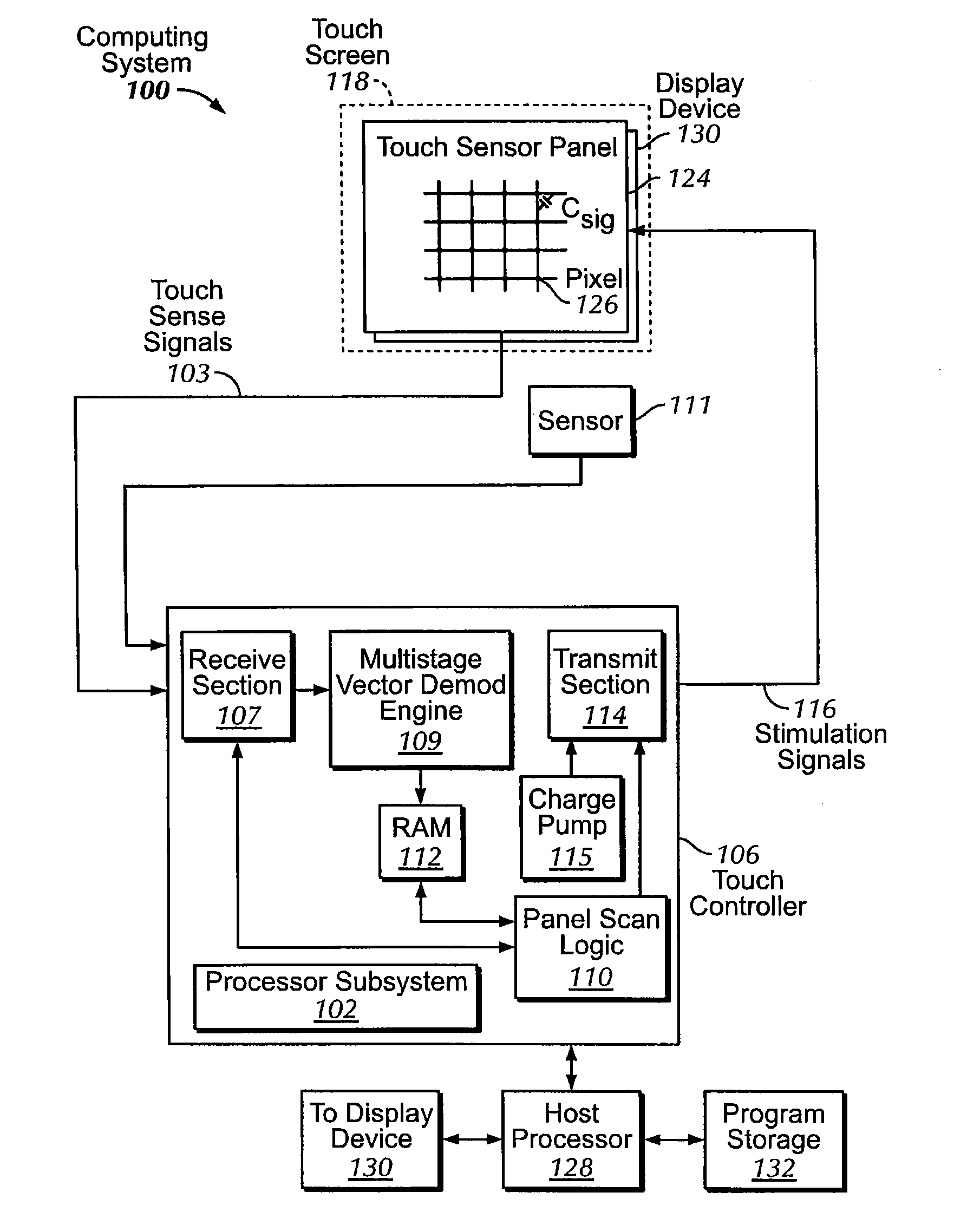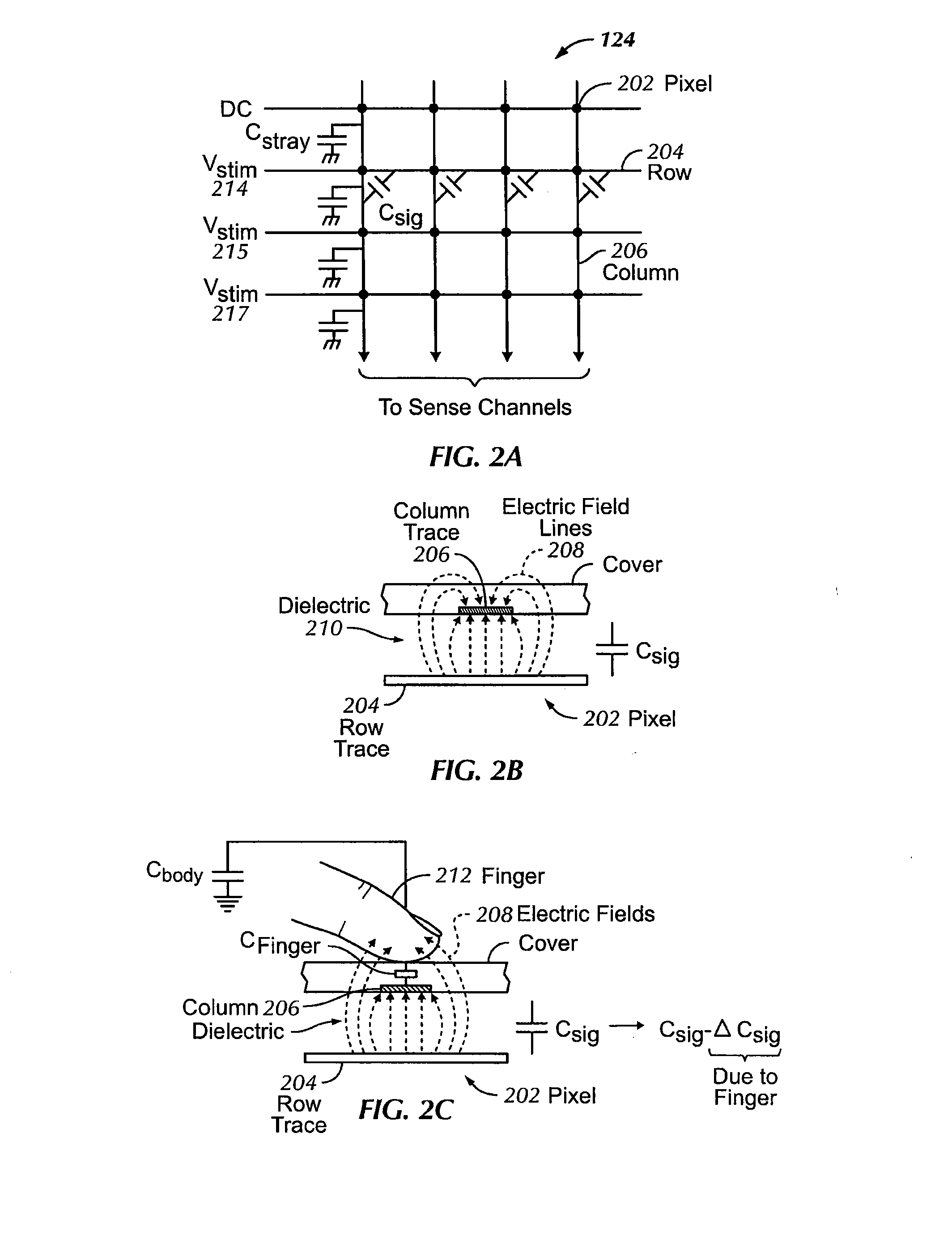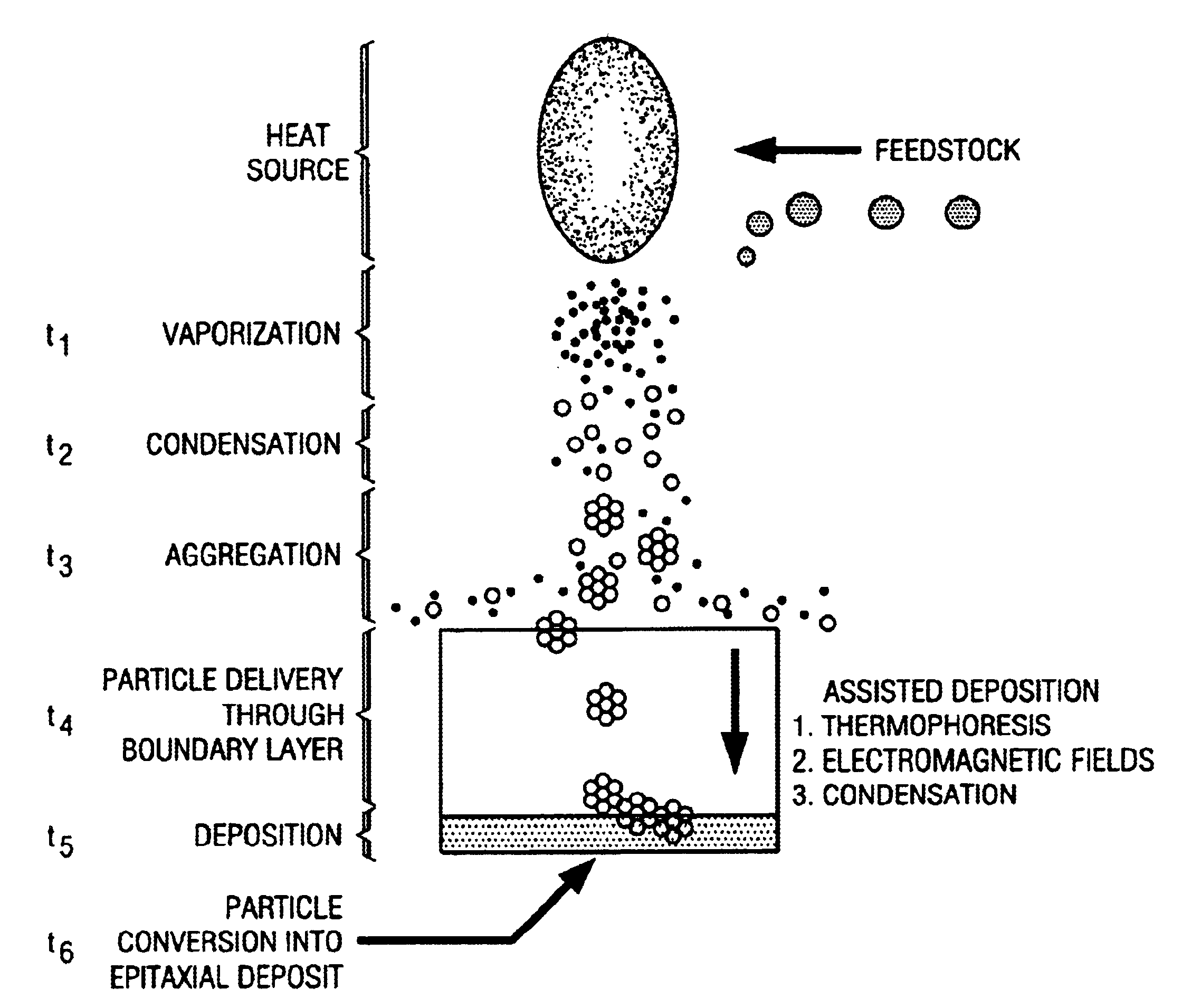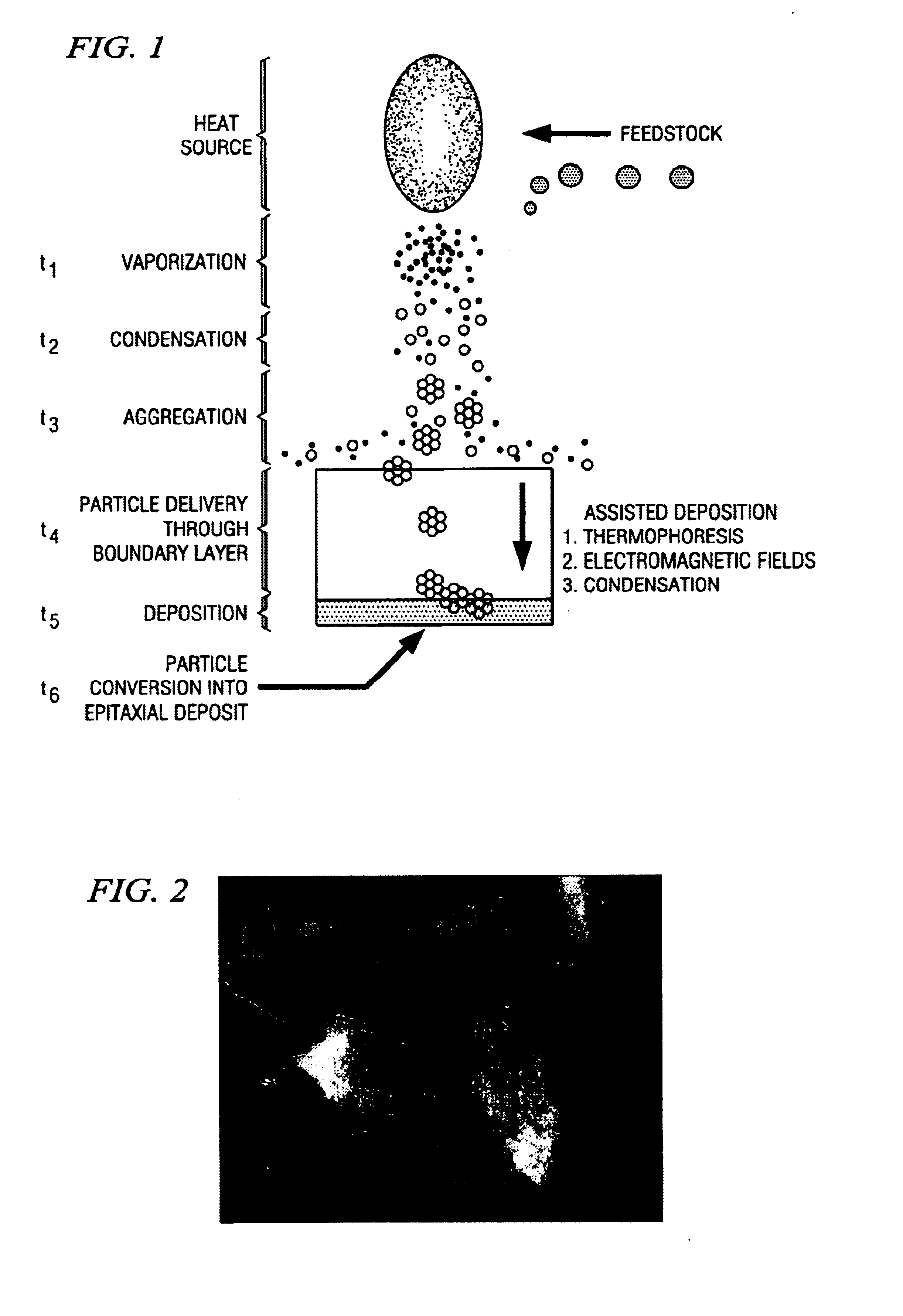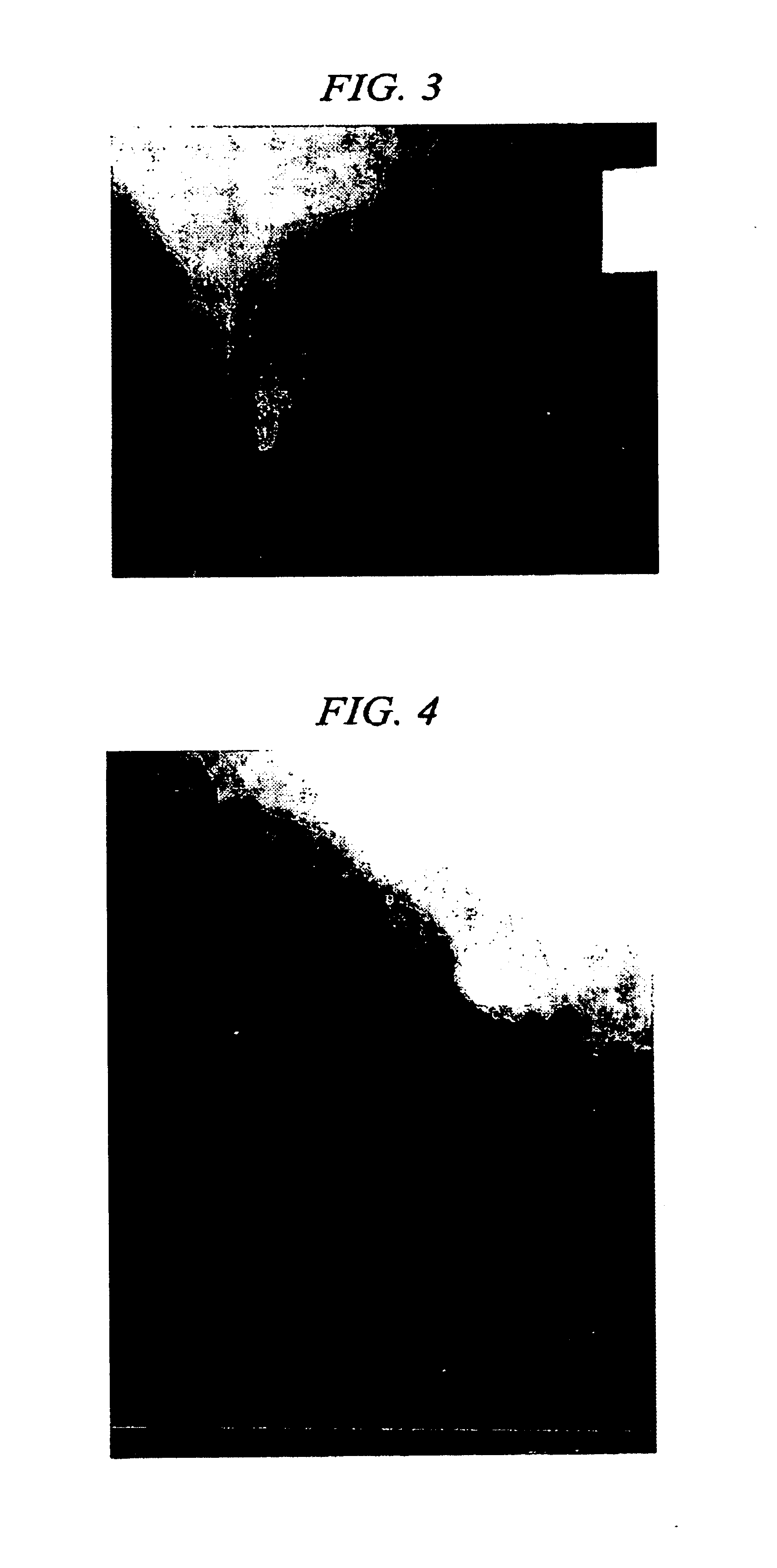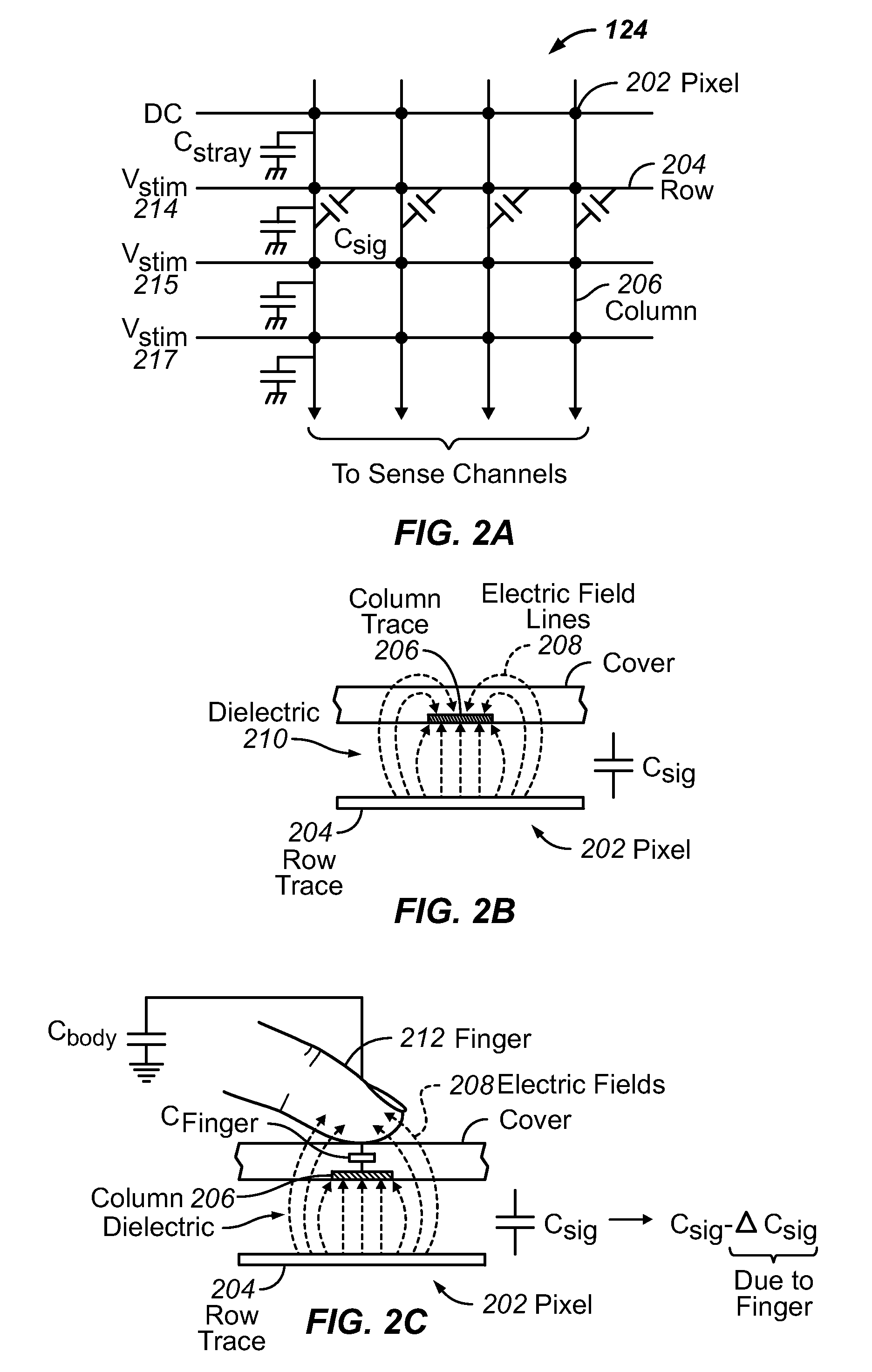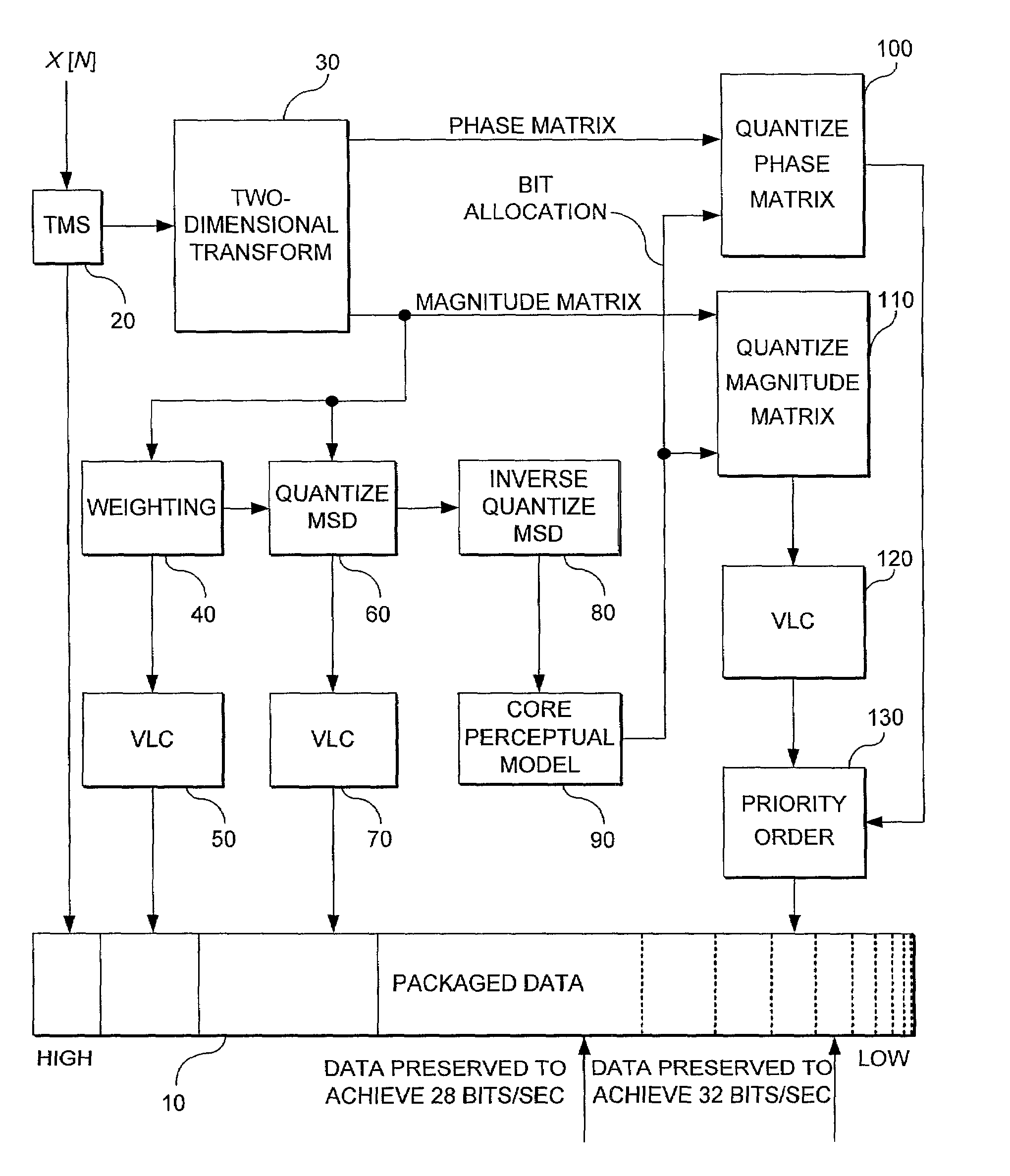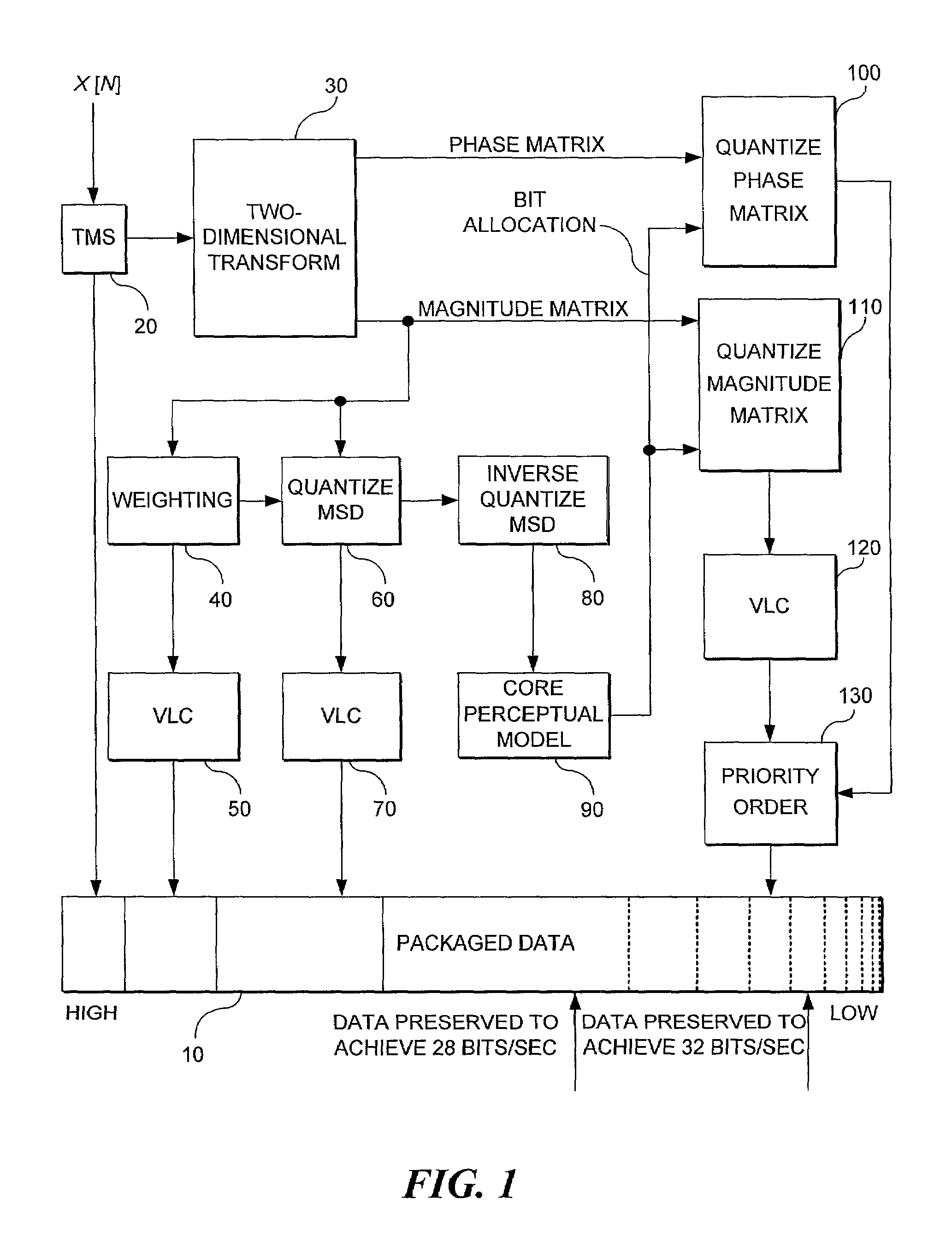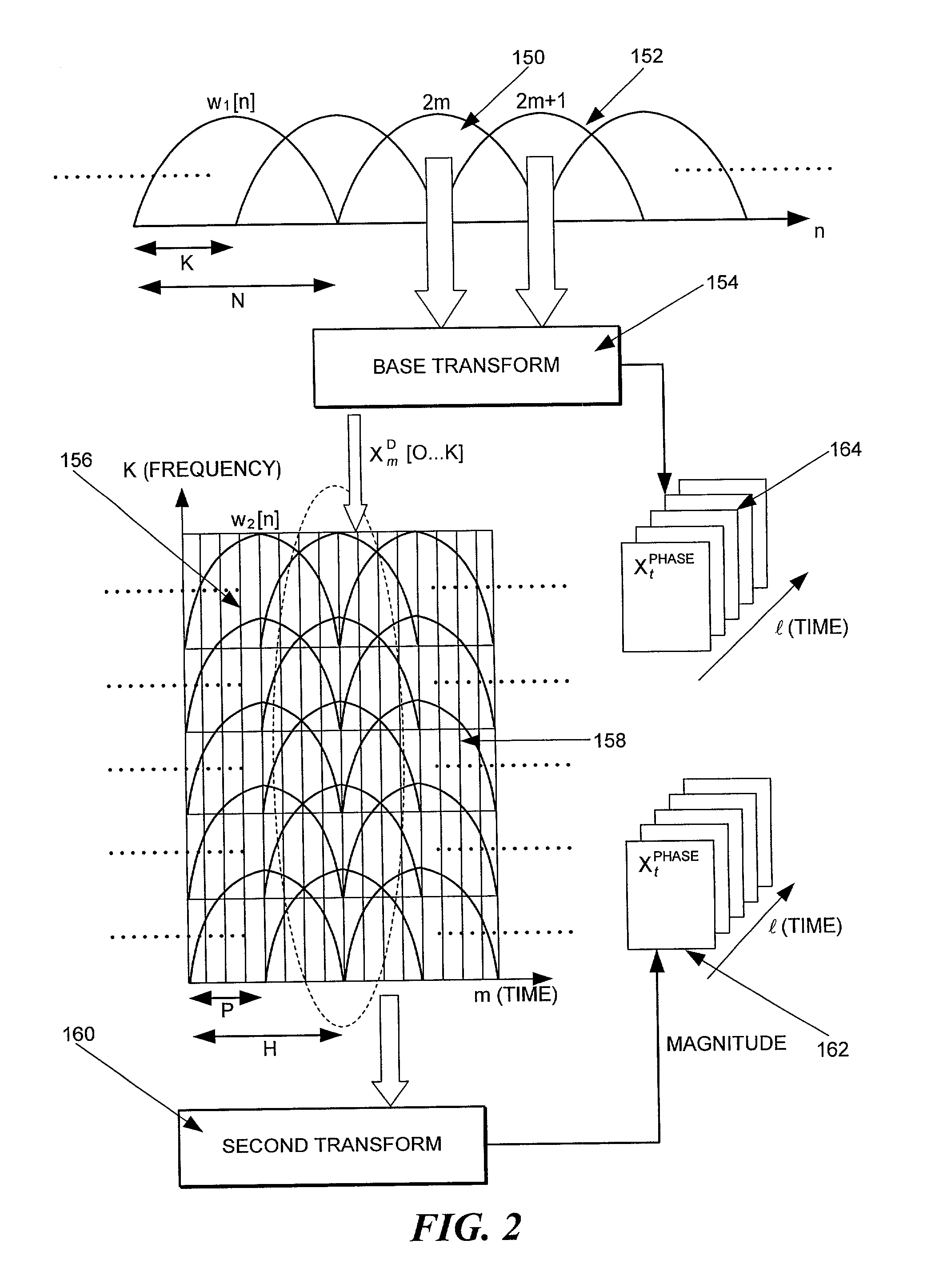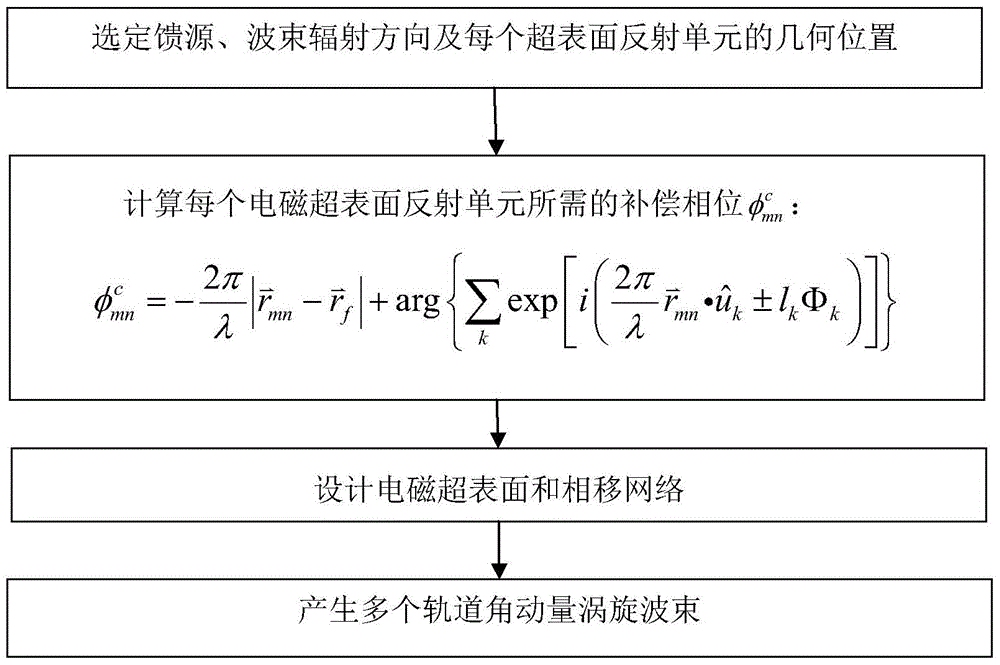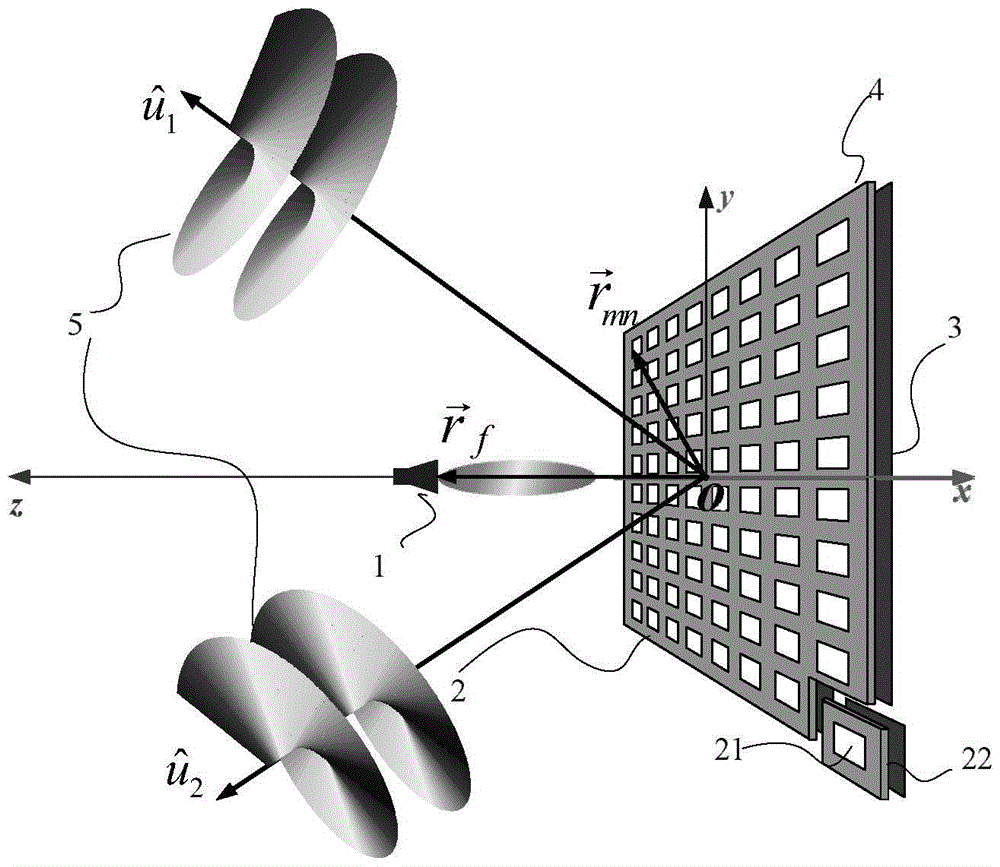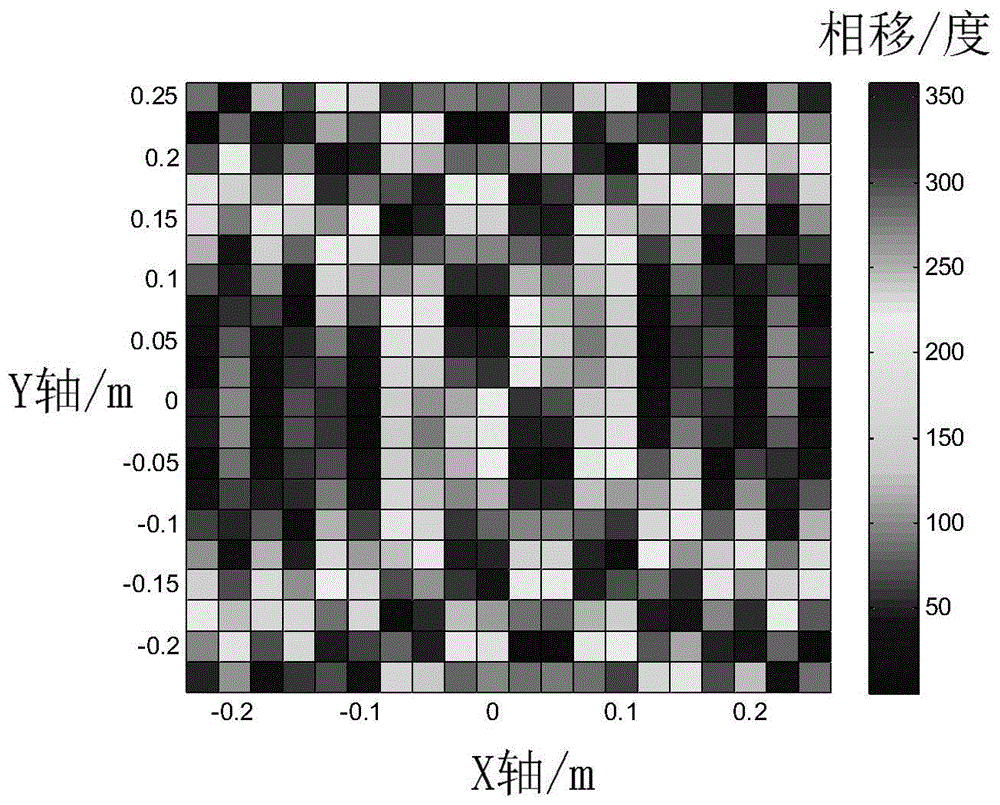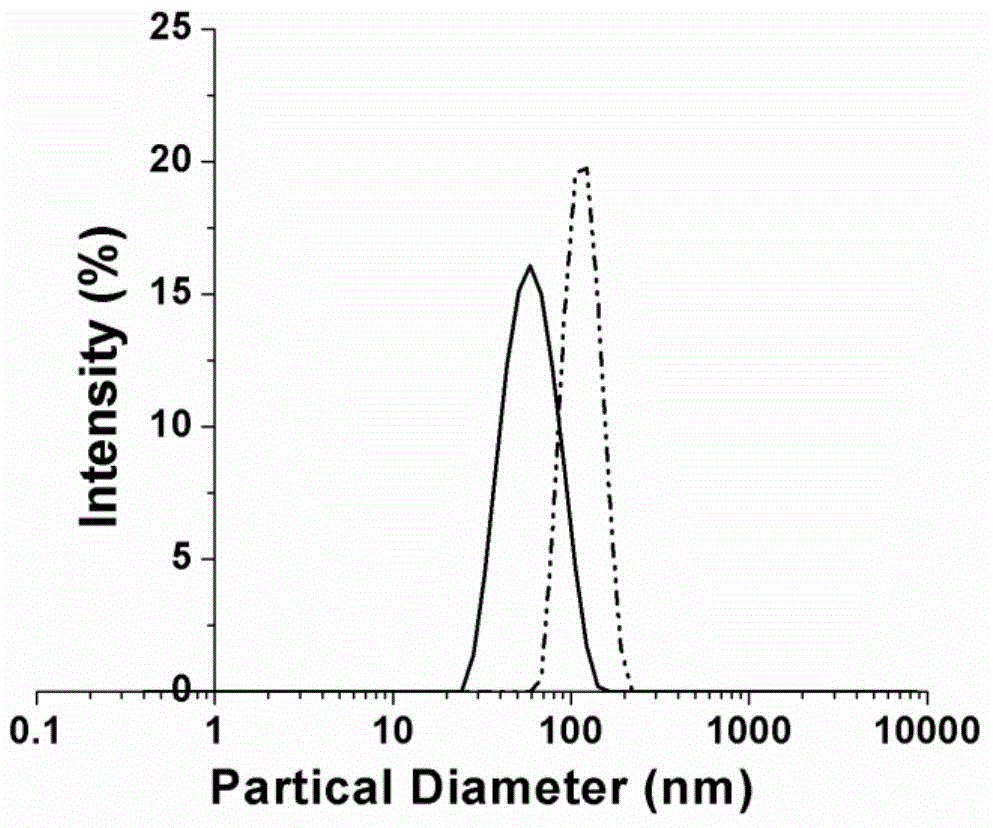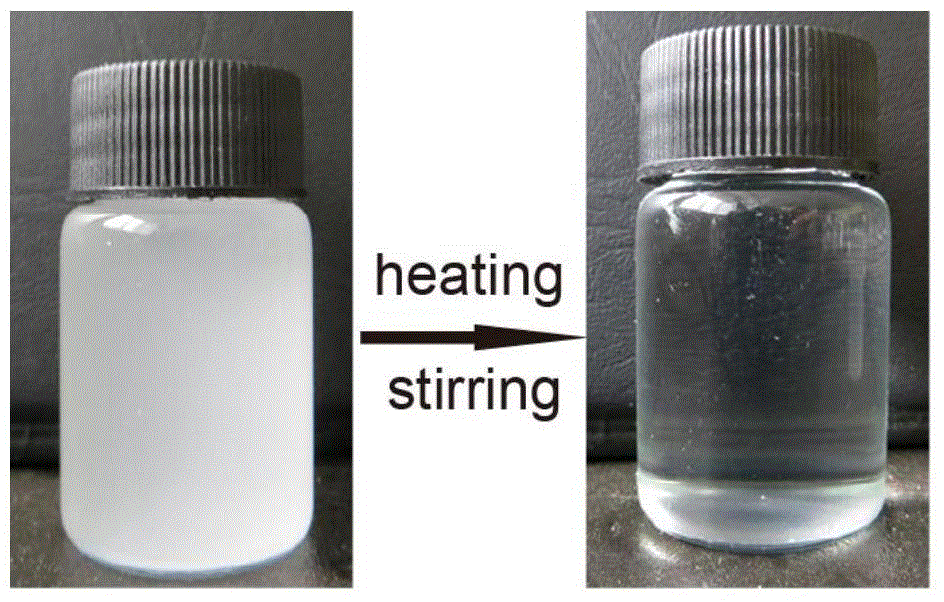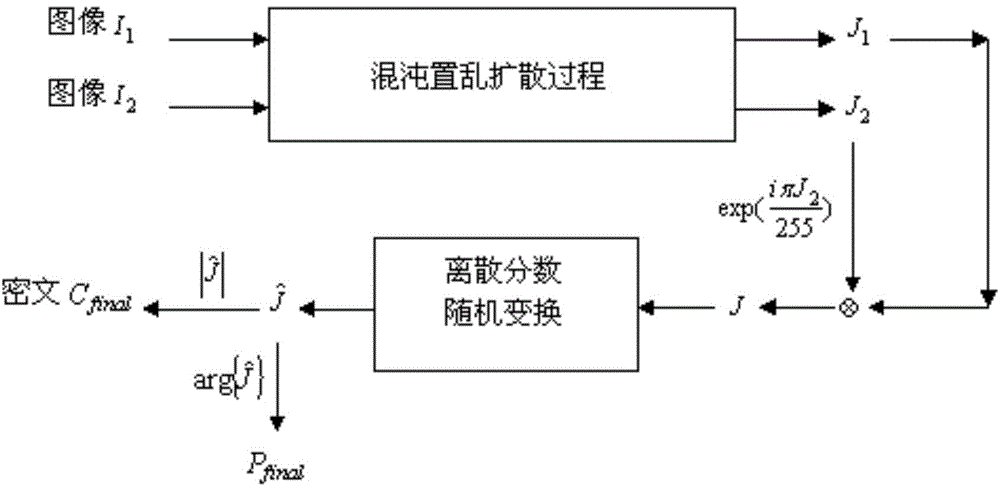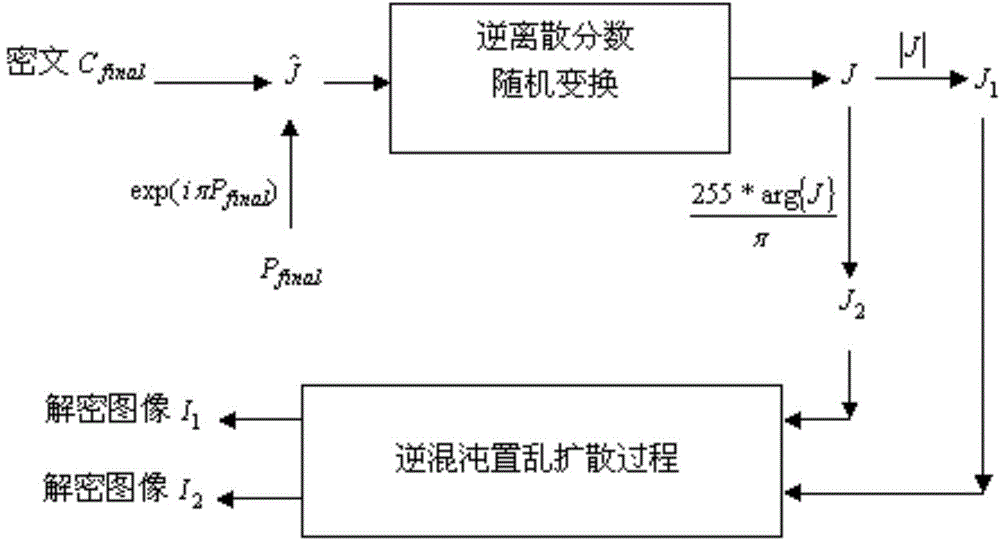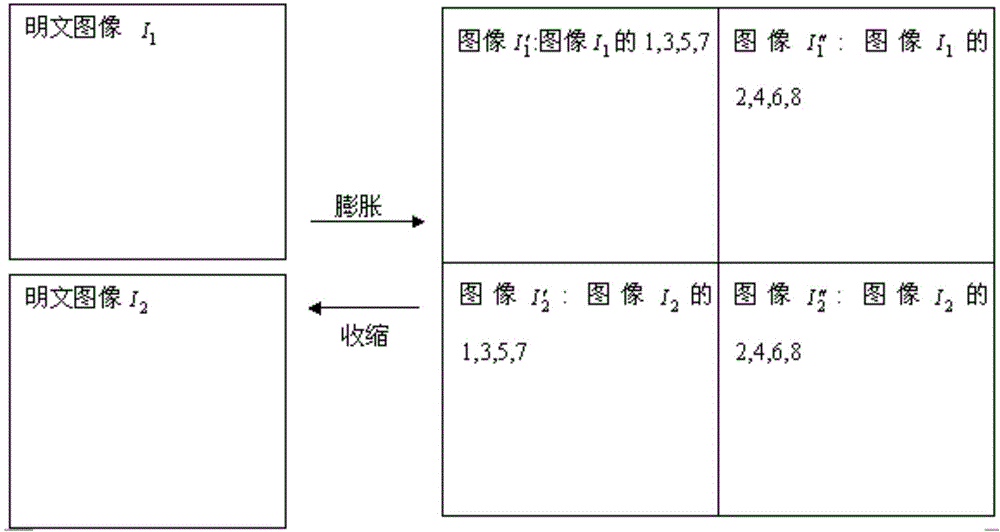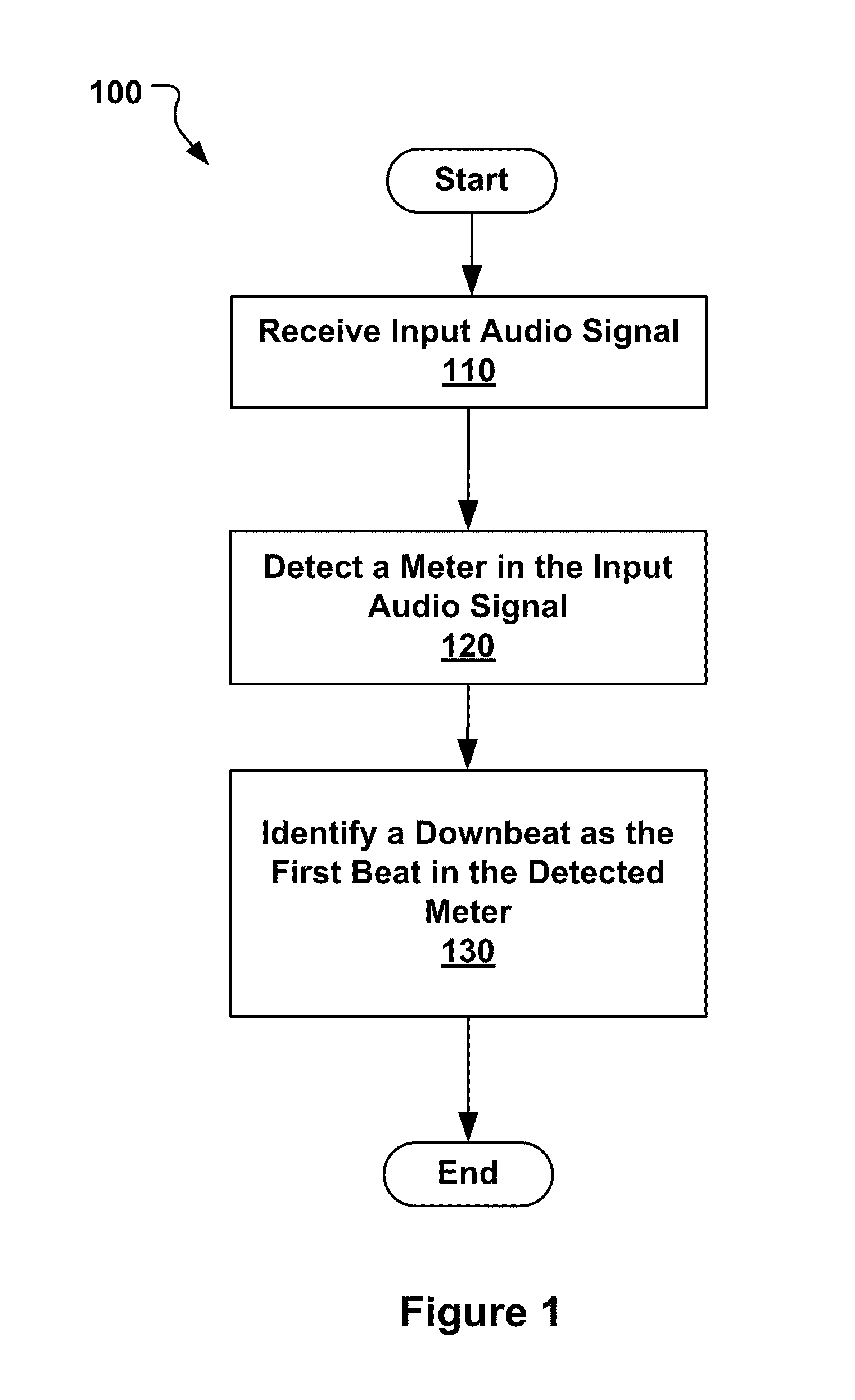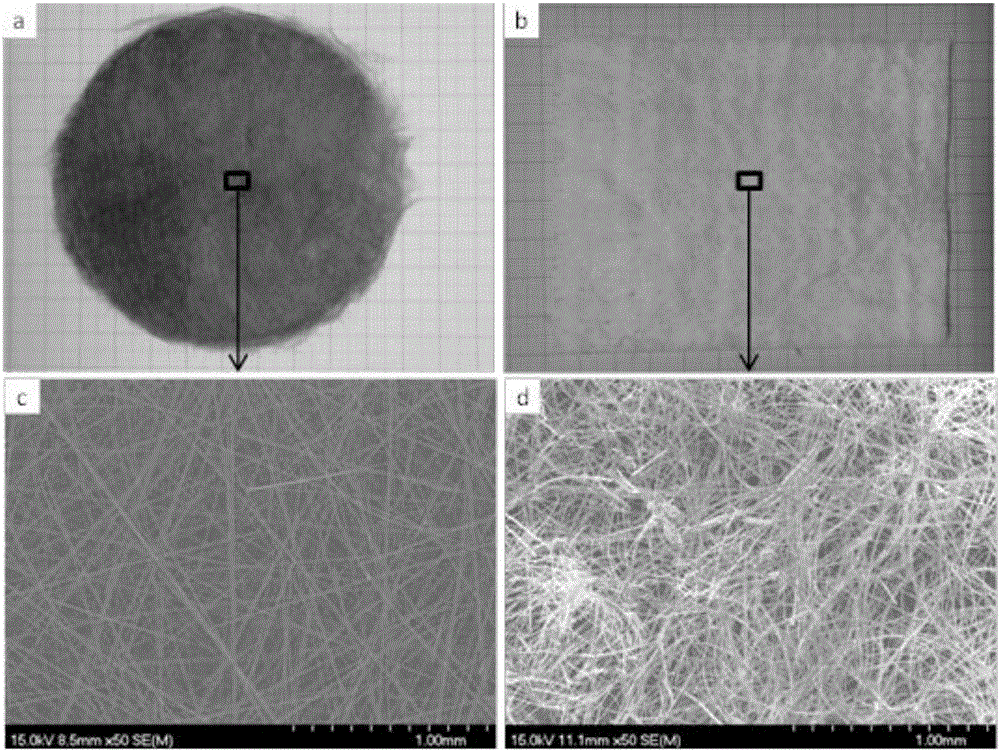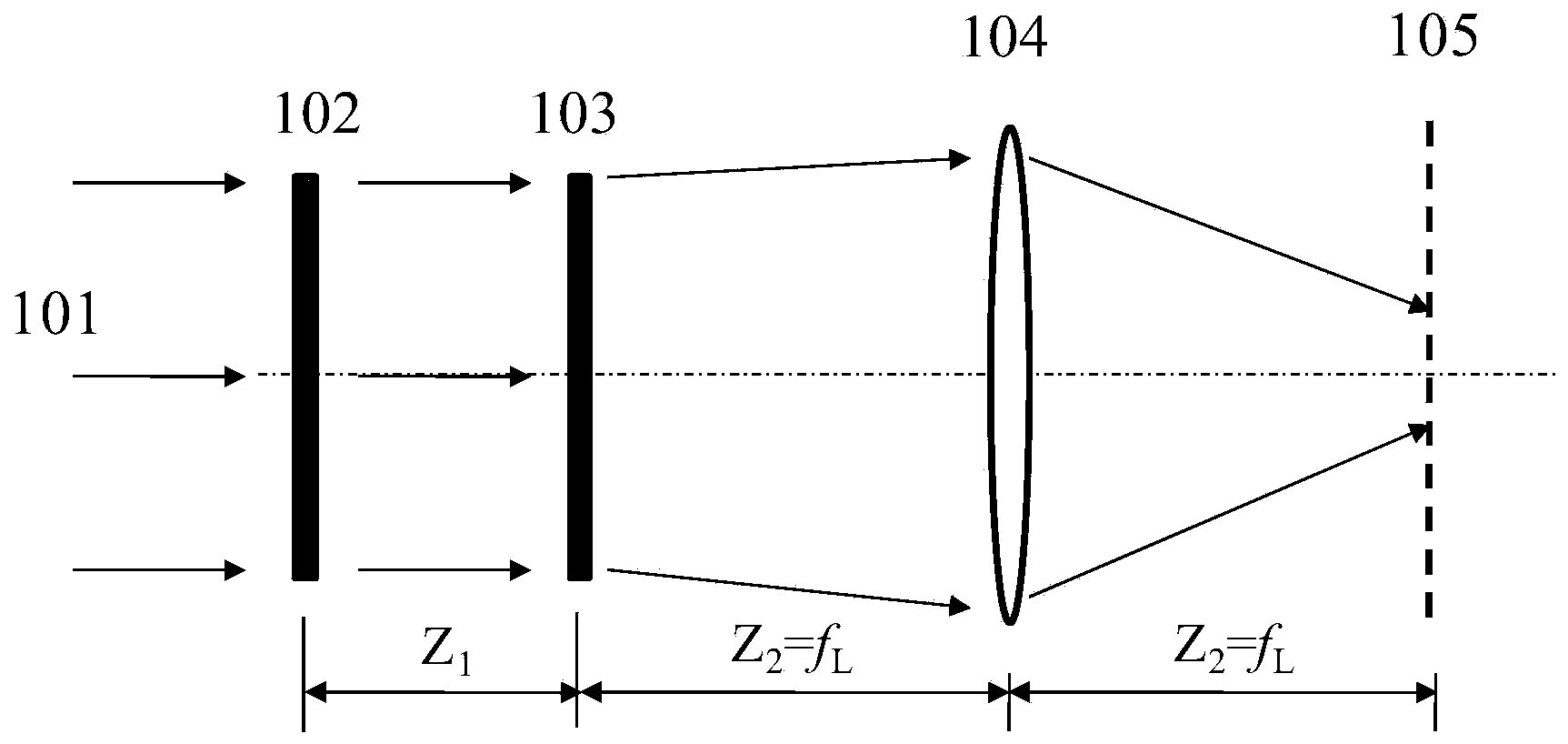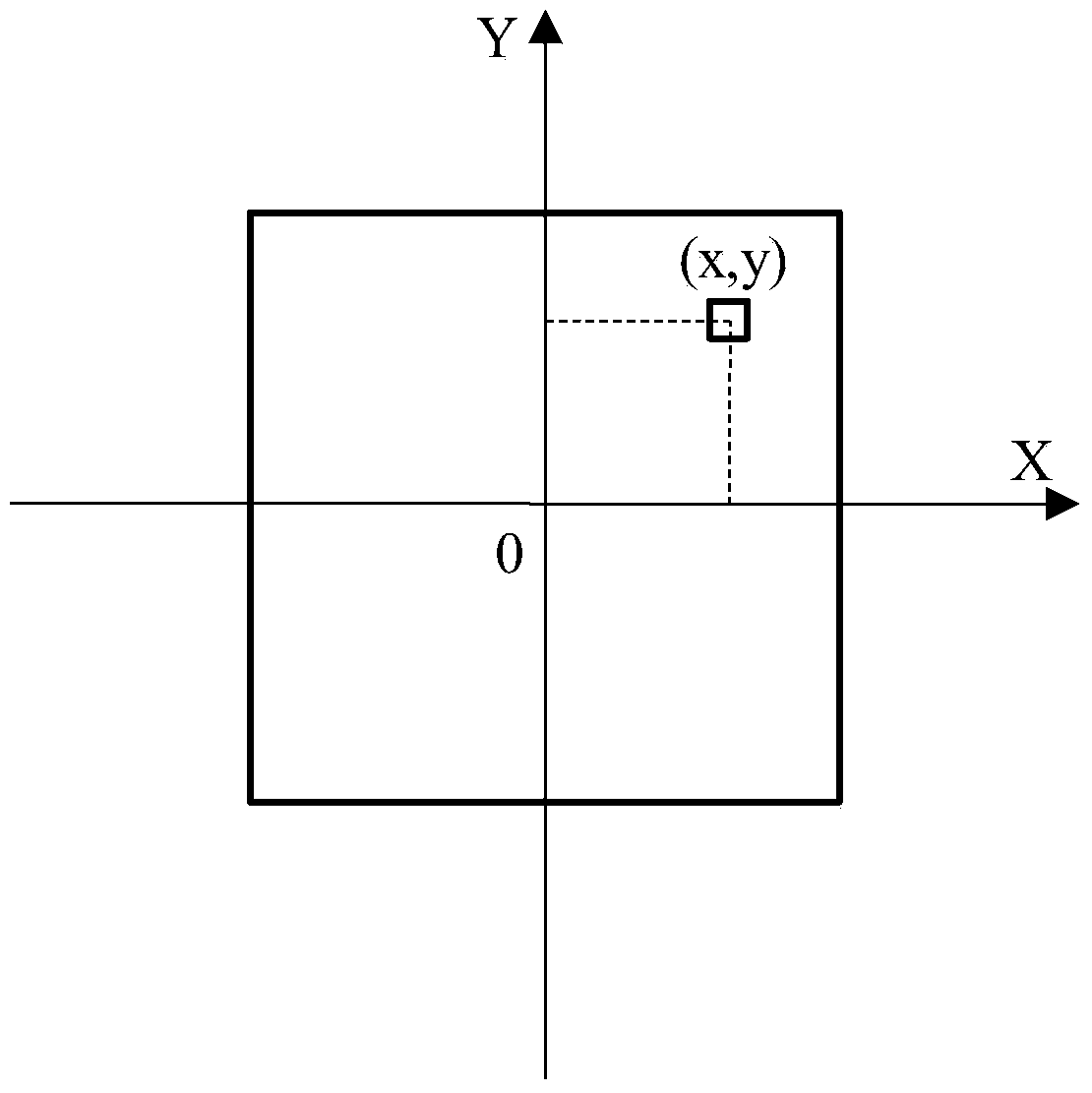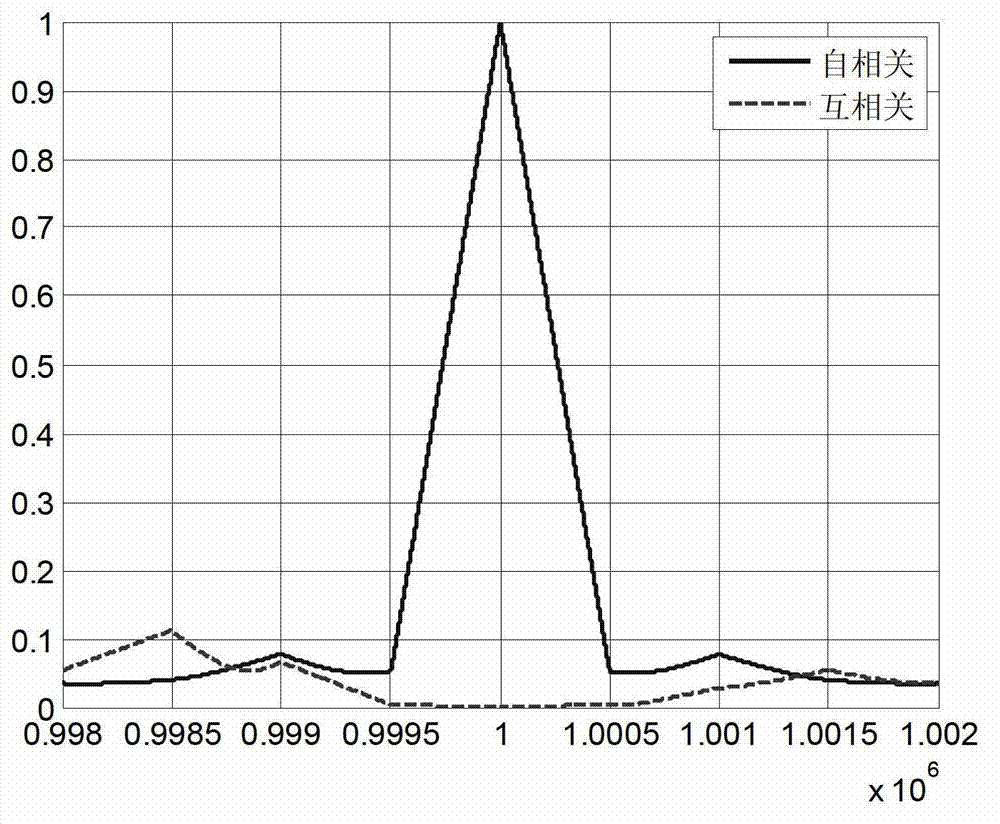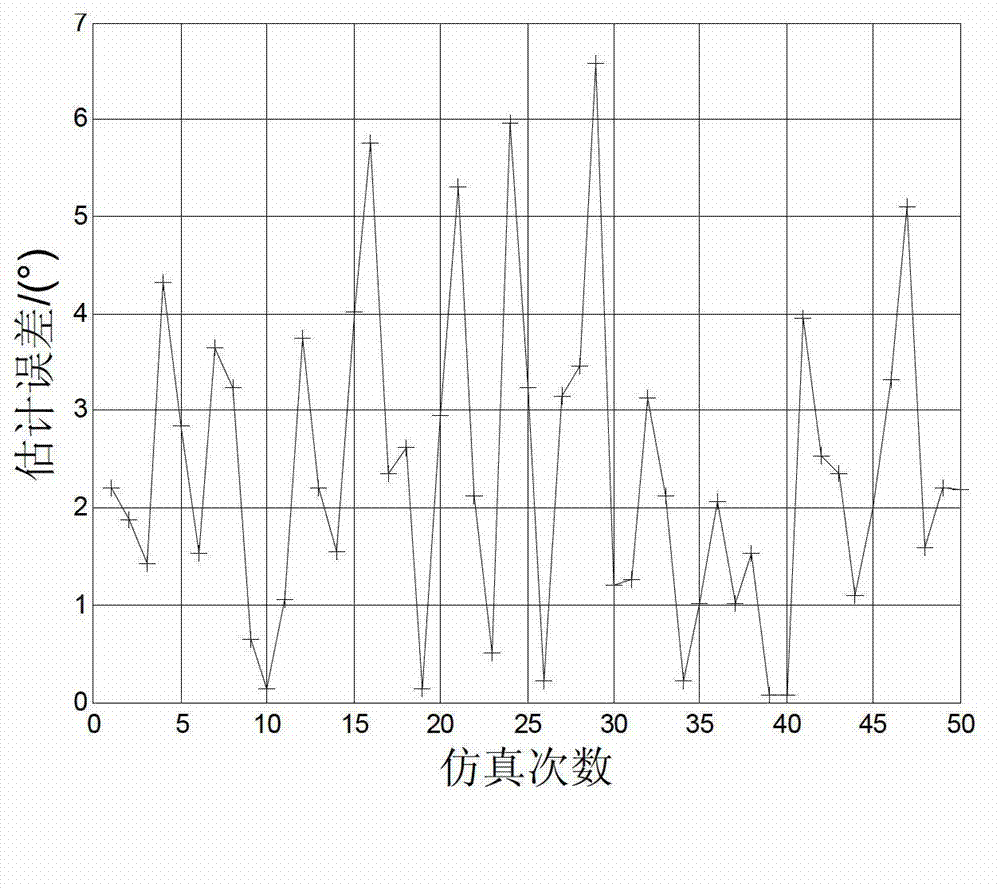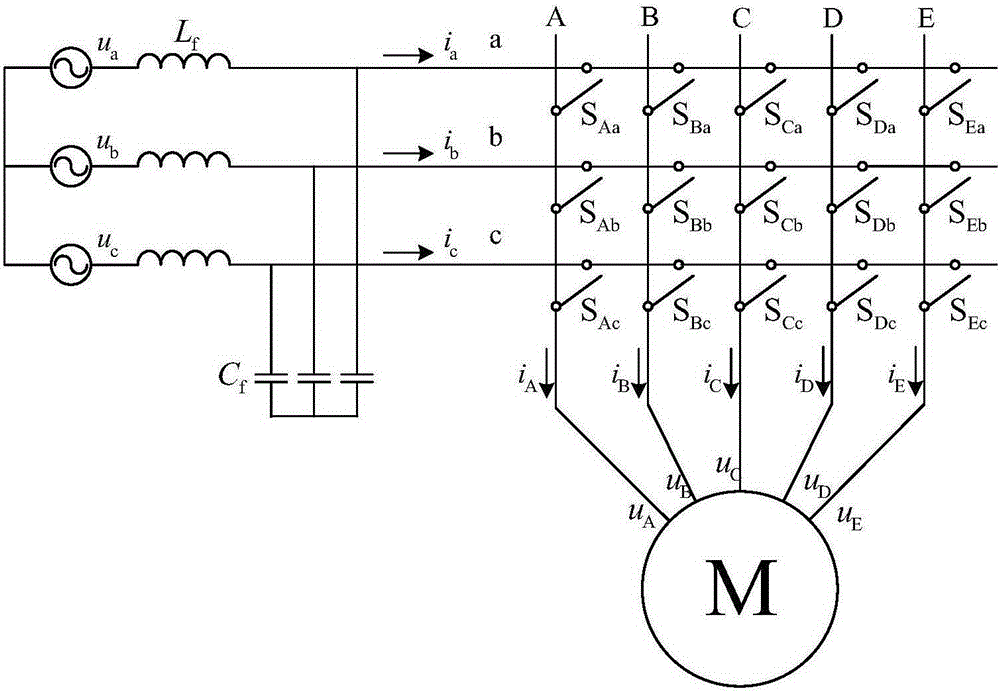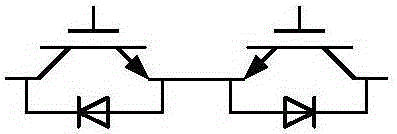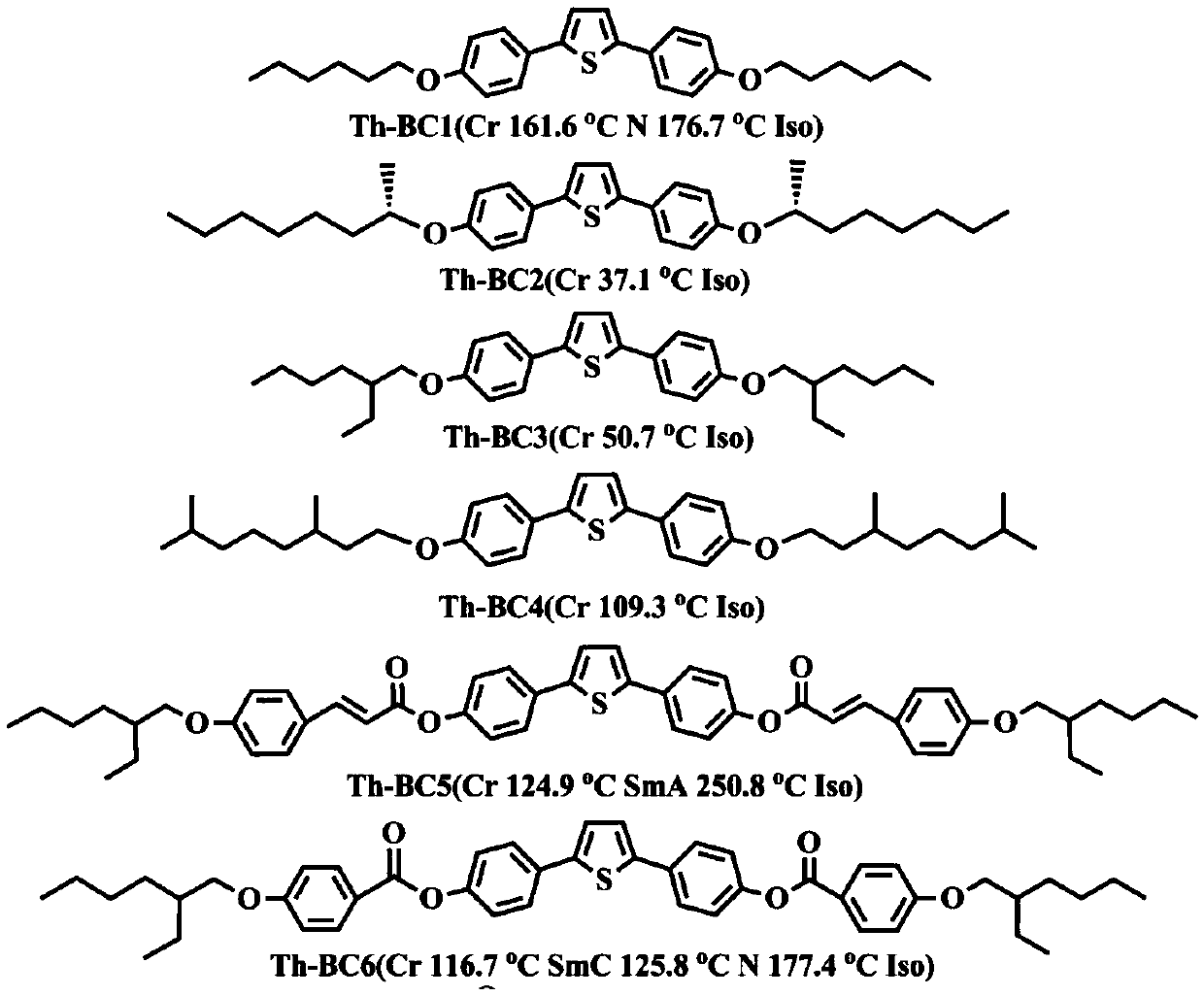Patents
Literature
Hiro is an intelligent assistant for R&D personnel, combined with Patent DNA, to facilitate innovative research.
185 results about "Phase matrix" patented technology
Efficacy Topic
Property
Owner
Technical Advancement
Application Domain
Technology Topic
Technology Field Word
Patent Country/Region
Patent Type
Patent Status
Application Year
Inventor
Phase compensation for multi-stimulus controller
Determining a compensated phase matrix for a multi-stimulus demodulation process is provided. A first drive line of a multi-stimulus sensing system is selected, and a stimulation signal is transmitted on the selected drive line. A channel gain resulting from the stimulation signal is measured from a received sense signal resulting from the stimulation signal. The measured channel gain is compared with a known channel gain to obtain an individual phase compensation for the selected drive line. A compensated phase matrix is formed of the individual phase compensation values for multiple drive lines.
Owner:APPLE INC
Condensed phase conversion and growth of nanorods instead of from vapor
Compositions, systems and methods are described for condensed phase conversion and growth of nanorods and other materials. A method includes providing a condensed phase matrix material; and activating the condensed phase matrix material to produce a plurality of nanorods by condensed phase conversion and growth from the condensed chase matrix material instead of from vacor. The compositions are very strong. The compositions and methods provide advantages because they allow (1) formation rates of nanostructures necessary for reasonable production rates, and (2) the near net shaped production of component structures.
Owner:UT BATTELLE LLC
Optical calibration system and method
ActiveUS7457547B2Minimize changesMinimize impactElectromagnetic transmissionOptical apparatus testingPhase distortionEngineering
In an optical system including an optical input port for projecting an input optical signal onto an optical phased matrix array, an optical phased matrix array including a plurality of individually addressable pixels thereon, each said pixel being drivable within a prescribed range of levels, and an optical output port for collecting a predetermined fraction of said optical signal received from said optical phased matrix array; a method of compensating for phase distortions including the steps of: (a) determining a plurality of transfer functions relating said level of each said pixel to the phase variation each said pixel introduces to light from said input optical signal which is incident thereon; and (b) controlling the level of selected ones of said pixels in accordance with a corresponding transfer function such that said fractional signal received at said output port is modified in phase to substantially compensate for optical phase distortions arising from said optical phased matrix array.
Owner:II VI DELAWARE INC
Phase compensation for multi-stimulus controller
Determining a compensated phase matrix for a multi-stimulus demodulation process is provided. A first drive line of a multi-stimulus sensing system is selected, and a stimulation signal is transmitted on the selected drive line. A channel gain resulting from the stimulation signal is measured from a received sense signal resulting from the stimulation signal. The measured channel gain is compared with a known channel gain to obtain an individual phase compensation for the selected drive line. A compensated phase matrix is formed of the individual phase compensation values for multiple drive lines.
Owner:APPLE INC
Scalable and perceptually ranked signal coding and decoding
A method and system for encoding and decoding an input signal in relation to the most perceptually relevant aspects of the input signal. A two-dimensional (2D) transform is applied to the input signal to produce a magnitude matrix and a phase matrix that can be inverse quantized by a decoder. A first column of coefficients of the magnitude matrix represents a mean spectral density (MSD) function of the input signal. Relevant aspects of the MSD function are encoded at a beginning of a data packet. The MSD function is also processed through a core perception model to determine bit allocation. The matrices are then quantized and priority ordered into a data packet, with the least perceptually relevant information at the end of the packet so that it may be ignored or truncated for scalability to the channel data rate capacity.
Owner:UNIV OF WASHINGTON
Method for generating multiple orbital angular momentum beams
ActiveCN105680162AReduce lossImprove radiation efficiencyRadiating elements structural formsWavefrontMomentum
The invention discloses a method for generating multiple orbital angular momentum beams, and mainly aims at solving the problems that multiple orbital angular momentum vortex beams which radiate towards different directions and are the same or different in mode number cannot be simultaneously generated under a single working frequency in the prior art. According to the implementation scheme, the method comprises the following steps: selecting a feed source, a wave beam radiation direction and a geometric position of each reflecting unit; calculating a compensation phase matrix required by each super-surface reflecting unit according to the geometric position, the working frequency and the required orbital angular momentum mode; selecting electromagnetic super-surface units with different sizes to design a phase-shift network; putting the feed source at the central axial position of the electromagnetic super-surface and making an incident wave sent out from the feed source radiate the electromagnetic super-surface to obtain a compensation phase provided by the phase-shift network; and generating multiple orbital angular momentum vortex beams with vortex wavefronts in the set direction. The method can effectively improve the capacity and the coverage area of an orbital angular momentum wireless communication system and is used for modulating and multiplexing different signals in the wireless communication system.
Owner:XIDIAN UNIV
Spherical calcium alginate gel micro-particle preparation method
ActiveCN104829850AIncrease viscosityIncrease surface tensionSurgeryPharmaceutical non-active ingredientsSpherical shapedOil phase
The present invention discloses a spherical calcium alginate gel micro-particle preparation method, which comprises: (1) uniformly mixing an ethanol solution of a soluble calcium salt and a surfactant-containing continuous phase matrix, and evaporating to removing the solvent so as to prepare an oil phase; and (2) adopting a sodium alginate solution as a dispersed phase, adopting the oil phase as a continuous phase, carrying out a pre-crosslinking reaction in a microfluidic chip to form pre-crosslinked liquid droplets, collecting the liquid droplets into the collection liquid containing calcium ions, carrying out a crosslinking reaction, and carrying out washing separation to obtain the spherical calcium alginate gel micro-particles. According to the present invention, the method is simple and is easy to perform, and the sphere forming property is not affected by other preparation factors such as the microchannel device type, the microchannel size, the fluid flow rate, the liquid droplet size, the receiving height, and the like.
Owner:HUAZHONG UNIV OF SCI & TECH
CO2 sustained release foam mask and preparation method thereof
InactiveCN101849894ALong foaming durationImprove beauty effectCosmetic preparationsToilet preparationsOrganic acidSolid particle
The invention relates to the field of fine chemicals and cosmetics, and discloses a CO2 sustained release foam mask and a preparation method thereof. The foam mask comprises solid particles and a water phase matrix, and is characterized in that the solid particle comprises solid fats, a surfactant, a dispersant and organic acid and / or carbonate. Through recording the drainage volumes of the foam mask at different times by a drainage method, the CO2 released contrast experiment of the foam mask shows that the mask has longer CO2 released duration compared with a Japanese CO2 carbonic acid bubble cleansing mask, so the mask of the invention has better cosmetic results. The forma mask has long foam duration, and so the cosmetic results can be effectively improved.
Owner:上海丽思化工科技有限公司
Phase sensitive optical time domain reflection fiber sensing system positioning method
ActiveCN105466548ASolve Polarization FadingSolve the problem that interference fading introduces wrong abnormal phaseSubsonic/sonic/ultrasonic wave measurementUsing wave/particle radiation meansFiberHigh rate
The invention relates to a phase sensitive optical time domain reflection fiber sensing system positioning method, which comprises the steps of collecting beat frequency data signals corresponding to multitime light pulses; obtaining a backward diffusion light phase matrix phi; determining an extraneous vibration disturbance position Y; selecting a position X1, a position Z1, a position X2 and a position Z2 that have no phase disturbance before and after the extraneous vibration disturbance position Y; phase unwrapping the X1, Z1, X2 and Z2 at the corresponding column phase in the backward diffusion light phase matrix phi; and then expanding the phase change to a scope of -infinity to +infinity. If the phase of the position is the same while time passing by before and after the phase disturbance position, the phase disturbance is determined to be a false alarm; otherwise, the phase disturbance is determined to be a real extraneous vibration event. The problem of introducing a fault abnormal phase because of polarization fading or interference fading in a phi-OTDR system application is solved; a high rate of false alarm because of fading is reduced; and an accurate positioning of a real extraneous disturbance event is realized. The method is simple and practical in a normal phi-OTDR fiber distributed sensing system.
Owner:SHANGHAI UNIV
Isotropic zero CTE reinforced composite materials
InactiveUS7105235B2Alter performance of antennaThin material handlingCeramicwareThermoplasticTungstate
A reinforced composite material, having isotropic thermal expansion properties and a low coefficient of thermal expansion over at least the temperature range of from about 0° C. to at least about 150° C., which composite material comprises in combination a first continuous phase comprising a three dimensional preformed bonded powder material reinforcement, including a bonding agent, and in which the bonded powder material is chosen from the group consisting of zirconium tungstate, hafnium tungstate, zirconium hafnium tungstate, and mixtures of zirconium tungstate and hafnium tungstate, and a second continuous phase matrix material chosen from the group consisting of aluminium, aluminium alloys in which aluminium is the major component, magnesium, magnesium alloys in which magnesium is the major component, titanium, titanium alloys in which titanium is the major component, engineering thermoplastics and engineering thermoplastics containing a conventional solid filler.
Owner:HER MAJESTY THE QUEEN & RIGHT OF CANADA REPRESENTED BY THE MIN OF NATURAL RESOURCES
Double-image encryption method based on chaotic and discrete fraction random transform
A double-image encryption method based on chaotic and discrete fraction random transform comprises the steps of image expansion, chaotic scrambling, chaotic diffusion, image contraction, image reconstruction and discrete fraction random transform. According to the method, an expanded image is formed by a gray level image I1 and a gray level image I2 through the expansion step, the pixel positions and pixel intensity values are changed through the scrambling and diffusion process based on Logistic chaotic mapping, and then the expanded image is decomposed into a new image J1 and a new image J2 which are stable in white noise distribution through a contraction strategy; the image J2 is normalized and encrypted so as to form a pure phase matrix and a complex matrix J is obtained by multiplying the pure phase matrix and the image J1; finally, the complex matrix encrypted so as to form a temporary image through discrete fraction random transform based on Logistic chaos and the amplitude part is a final ciphertext image. Nonlinearity and randomness of a plaintext image in a spatial domain and a transform domain are enhanced, common attacks can be well resisted, and safety of an encryption system is improved.
Owner:BEIJING YINGPU TECH CO LTD
Phase-sensitive optical time domain reflectometry fiber distributed sensing system phase calculation method
ActiveCN105509868AAccurately obtain the phase change valueSubsonic/sonic/ultrasonic wave measurementUsing wave/particle radiation meansFiberPhase sensitive
The invention discloses a phase-sensitive optical time domain reflectometry fiber distributed sensing system phase calculation method comprising the following steps that beat frequency digital signals corresponding to multiple times of optical pulses are acquired; a backscattering optical phase matrix phi is obtained; an external vibration disturbance position Y is determined; positions X and Z without phase disturbance are respectively selected before and after the external vibration disturbance position Y, phase unwrapping of the corresponding phases phiX and phiZ of the positions X and Z without phase disturbance in the backscattering optical phase matrix phi is performed, and phase change is extended to the range from negative infinite to positive infinite; and the phase curve of the position Z after vibration subtracts the phase curve of the position X before vibration and then is divided by 2 so that a phase change value introduced to Y by external vibration is obtained. According to the calculation method, the phase change value introduced to the optical pulses by the external vibration event in a phi-OTDR fiber distributed sensing system can be accurately obtained, and the method is based on a conventional phi-OTDR fiber distributed sensing system with no requirement for complex algorithm.
Owner:武汉雷施尔光电信息工程有限公司
Detecting Musical Structures
ActiveUS20110255700A1Reduce complexityDownsampling the generated envelopeElectrophonic musical instrumentsStereophonic systemsComputer scienceAudio frequency
Among other things, techniques and systems are disclosed for detecting musical structures, such as downbeats. In one aspect, a method performed by a data processing device includes receiving an input audio signal. The method includes detecting a meter in the received audio signal. Detecting the meter includes generating an envelope of the received audio signal; generating an autocorrelation phase matrix having a two-dimensional array based on the generated envelope to identify a dominant periodicity in the received audio signal; and filtering both dimensions of the generated autocorrelation phase matrix to enhance peaks in the two-dimensional array. The meter represents a time signature of the input audio signal having multiple beats. Additionally, the method includes identifying a downbeat as a first beat in the detected meter.
Owner:APPLE INC
Condensed phase conversion and growth of nanorods and other materials instead of from vapor
Compositions, systems and methods are described for condensed phase conversion and growth of nanorods and other materials. A method includes providing a condensed phase matrix material; and activating the condensed phase matrix material to produce a plurality of nanorods by condensed phase conversion and growth from the condensed phase matrix material instead of from vapor. The compositions are very strong. The compositions and methods provide advantages because they allow (1) formation rates of nanostructures necessary for reasonable production rates, and (2) the near net shaped production of component structures.
Owner:UNIV OF TENNESSEE RES FOUND +1
MIMO (multi-input multi-output) radar waveform synthesis method based on space-time joint optimization
ActiveCN103018732AReduce complexityGood autocorrelation characteristics in time domainWave based measurement systemsMulti inputTime domain
The invention discloses an MIMO (multi-input multi-output) radar waveform synthesis method based on space-time joint optimization. The method mainly solves the problem that existing methods are poor in autocorrelation property of air domain composite signals under the condition of guarantee of space power distribution of transmitted waveforms. The method includes the steps: determining a correlation matrix of a transmitted waveform according to actual demands; generating an initial constant modulus waveform matrix; determining an interested observation azimuth angle, namely an azimuth angle needing improvement of the autocorrelation property; designing a constant modulus waveform phase matrix by means of sequential quadratic programming; and synthesizing a constant modulus waveform matrix according to the phase matrix. The air domain property of the transmitted waveforms and the time domain autocorrelation property of specific direction signals are considered during waveform design, the synthesized waveforms are in expected space power distribution and have fine time domain autocorrelation property in the interested direction, and the method can be used for waveform design of MIMO radar in stages of target detection and tracking.
Owner:XIDIAN UNIV
Preparation method of ceramic fiber porous combustion medium with gradient pore structure
The invention relates to a preparation method of a ceramic fiber porous combustion medium with a gradient pore structure. The preparation method comprises the following steps: respectively preparing a ceramic fiber suspension with different lengths or diameters by using ceramic fibers with different lengths or ceramic fibers with different diameters; carrying out suction filtration on the suspension to obtain ceramic fiber papers with different pore structures; laminating the ceramic fiber papers with a gradient pore structure (the fiber papers with a large pore structure are laminated at the upper portion, and the fiber papers with a small pore structure are laminated at the lower portion) according to a certain rule, and applying a certain pressure to obtain a ceramic fiber felt with a certain thickness and a gradient pore structure; and preparing a ceramic phase matrix on the ceramic fiber felt through a chemical vapor deposition (CVD) technology or a polymer infiltration pyrolysis (PIP) technology, and connecting ceramic fibers to obtain the ceramic fiber porous combustion medium with a gradient pore structure. The gradient pore structure makes a gas fuel be premixed in the upstream small pore zone and be combusted in the downstream large pore zone, so the combustion stability is improved, and the lean combustion limit is widened.
Owner:NORTHWESTERN POLYTECHNICAL UNIV
Pupil shaping unit structure of lithography machine and design method for diffraction optical element of pupil shaping unit structure
ActiveCN103676498AMultiple Design FreedomHigh diffraction efficiencyPhotomechanical exposure apparatusMicrolithography exposure apparatusUnit structureDiscretization
The invention discloses a pupil shaping unit structure of a lithography machine and a design method for a diffraction optical element of the pupil shaping unit structure. The pupil shaping unit structure comprises a cascade diffraction optical element and a varifocal collimating lens group, wherein the cascade diffraction optical element comprises a first diffraction optical element and a second diffraction optical element; the light transmittance surfaces of the two diffraction optical elements are perpendicular to the optical axis of a lighting system; the two diffraction optical elements are pure phase elements. The design method for the cascade diffraction optical element comprises the following steps of calculating a period of a phase unit; enabling a light beam to be incident, determining the light intensity distribution of the required optical beam and performing discretization processing; entitling initial phase matrixes of the first diffraction optical element and the second diffraction optical element; performing quantification processing through an iteration algorithm to obtain quantified phase matrixes of the first diffraction optical element and the second diffraction optical element; evaluating a design result.
Owner:SHANGHAI INST OF OPTICS & FINE MECHANICS CHINESE ACAD OF SCI
Uniform linear array calibration method based on strong scattering points
The invention relates to a uniform linear array calibration method based on strong scattering points, and aims to solve the problem that a conventional array calibration method is not accurate enough. The uniform linear array calibration method comprises the following steps: a spatial covariance matrix R is constructed by utilizing a spatial covariance matrix estimated value according to echo data received by an antenna array; phase positions of all elements of the spatial covariance matrix R are extracted to construct a phase matrix Phi of the spatial covariance matrix; the first row Phi m,1 of the phase matrix Phi is subject to FFT (Fast Fourier Transform) operation to obtain a peak value, the estimated value of slope Alpha is obtained according to the position of the peak value, and the linear part of the phase matrix is subtracted from the first row Phi m,1 of the original phase matrix Phi according to the estimated value of the slope Alpha to obtain the phase error of the array; a calibrated matrix C is constructed by utilizing the obtained phase error and amplitude error according to all the obtained array element amplitudes; and array calibration is completed through pre-multiplying the calibrated matrix C to the received echo data. The uniform linear array calibration method is used for calibrating uniform arrays and is more accurate in calibration.
Owner:HARBIN INST OF TECH
Digital image hiding method based on chaotic random phase and coherence stack principle
InactiveCN103023633ACalculation is simple and straightforwardOvercome the disadvantage of excessive calculationKey distribution for secure communicationImage data processing detailsPattern recognitionPlaintext
The invention provides a digital image hiding method based on the chaotic random phase and the coherence stack principle. The digital image hiding method comprises two major steps which are respectively the step of hiding the image, and the step of recovering the image, wherein the step of hiding the image is carried out as follows: respectively adopting two gray images which are the same size as the image to be hidden and the hiding result image; generating a sequence through key parameters by virtue of chaotic functions; converting the sequence into a phase matrix; calculating a matrix through the phase matrix and the image to be hidden; and then calculating to obtain the phase matrix serving as the key by virtue of the obtained matrix and the hiding result image; and the step of recovering the image is carried out as follows: completely recovering the original image by virtue of a key set and the hiding result, wherein the recovery process is the inverse process of the hiding process. The digital image hiding method based on the chaotic random phase and the coherence stack principle is applied to quick encrypting and decrypting of the images, and has the characteristics of being simple and direct in calculating and high in safety; and by adopting the method, a large number of images which are the same size can be encrypted into the same image, relative different plaintexts can be recovered based on different key sets, the obtained encrypting result can be any known image which is as large as the original image, and thus higher fraudulence is ensured.
Owner:ZHEJIANG FORESTRY UNIVERSITY
Method for preparing vacuum hotpressing sintered wear-resistant coating on surface of metallic titanium and titanium alloy base material
InactiveCN101418444AHigh fatigueCoordinated performanceHeat inorganic powder coatingWear resistantAxial pressure
The invention provides a method for preparing vacuum hot-pressed sintered wear-resistant coatings on the surfaces of metallic titanium and titanium alloy substrates. The method comprises the following steps of well mixing and then smearing titanium powder, nickel powder and titanium diboride powder on block metallic titanium or titanium alloy, putting the block metallic titanium or the titanium alloy in a graphite mold, placing the graphite mold in a vacuum hot-pressing furnace, applying axial pressure to the block metallic titanium or the titanium alloy in thegraphite mold, heating the graphite mold together with the block metallic titanium or the titanium alloy and mixed powder to 899.85 to 999.85 DEG C, unloading after preserving heat for 30 minutes, cooling to lower than 399.85 DEG C under a vacuum condition, opening the vacuum hot-pressing furnace, taking out and cooling the graphite mold to a room temperature, taking out the metallic titaniumor the titanium alloy from the graphite mold, and forming a complex wear-resistant coating of titanium-nickel alloy and titanium diboride on the surface of the metallic titanium or the titanium alloy. The wear-resistant coating of the invention is characterized in that the coating has high wear properties of wear-resistant materials, has a TiNi (beta) phase matrix with stable superelasticity performance, and can effectively improve the fatigue properties of the metallic titanium and the titanium alloy.
Owner:SHENYANG UNIV
Aluminum-spinel-corundum composite refractory material and preparation method as well as application thereof
ActiveCN102627463AImprove corrosion resistanceReduce energy consumptionFurnace componentsMaterials scienceCorundum
The invention belongs to the field of refractory materials, and discloses an aluminum-spinel-corundum composite refractory material and a preparation method as well as application thereof. The aluminum-spinel-corundum composite refractory material comprises raw materials consisting of one or more of the following materials in percentage by weight and an inorganic binding agent: 1-15 percent of metal aluminum powder, 5-25 percent of magnesium-aluminum spinel and 73-90 percent of white corundum or plate-like corundum, wherein the amount of the inorganic binding agent is 1.5-3 percent of the total weight of the raw materials. The aluminum-spinel-corundum composite refractory material can be applied to preparing an RH (Ruhrstahl-Heraeus) refining furnace lining. According to the invention, the corundum, the spinel and the metal aluminum are used as raw materials; chromium pollution and carbon pollution are not introduced in a secondary refining process; the melting point of added metal aluminum is low; the aim of enhancing the corrosion resistance of the material is fulfilled by introducing a soft transition plastic phase matrix into the material and controlling the content of the transition plastic phase matrix; high-temperature firing is not required; the energy consumption is reduced; the cost is saved; the production period is shortened; and the quality and the life of a product are improved.
Owner:江苏诺明高温材料股份有限公司
Preparation method of micro-encapsulation nanometer hybridized microspheres
InactiveCN107998443AEasy to makeThe process is simple and easy to controlSurgical adhesivesEnergy modified materialsMicrospherePolyvinyl alcohol
The invention discloses a preparation method of micro-encapsulation nanometer hybridized microspheres. The preparation method comprises the following steps: propelling an oil phase and an aqueous phase containing polyvinyl alcohol (PVA) into a micro-channel of a micro-fluidic chip separately by a micro-injection pump by a liquid drop type micro-fluidic technology, collecting the formed liquid drops by an alkaline solution and placing until complete reaction, wherein the oil phase comprises a surfactant and a continuous phase matrix; the aqueous phase also comprises trivalent gadolinium salt and / or iron salt; and the iron salt is a mixture of ferric salt and ferrous salt. According to the method, the PVA aqueous phase containing the trivalent gadolinium salt and / or the iron salt is under the action of interfacial tension and oil phase shear force to obtain uniform liquid drops, the liquid drops and the oil phase enter an alkaline receiving liquid, and the PVA microspheres for encapsulating in-situ formed Gd2O3 and / or Fe3O4 nanoparticles; furthermore, the process is simple and controllable, the obtained microspheres are reasonable and uniform in particle size, important theoretical and practical value is achieved and the application prospect is wide.
Owner:HUAZHONG UNIV OF SCI & TECH
Phase-cut Fourier transform based image hiding method, image restoring method and image encrypted transmission method
InactiveCN104794675AImprove practicalityQuick hideImage data processing detailsImage hidingComputer vision
The invention discloses a phase-cut Fourier transform based image hiding method, an image restoring method and an image encrypted transmission method. The image hiding method includes: subjecting a to-be-hidden image f to Fourier inverse transform prior to extracting an amplitude matrix g(x, y) and a phase matrix P(x, y) of the image subjected to Fourier inverse transform, and subjecting a carrier image f1 to Fourier transform prior to extracting an amplitude matrix g1(u, v) and a phase matrix P1(u, v) of the image subjected to Fourier transform; enabling g'1 (u, v)=g1(u, v)+g(x, y), then multiplying the g'1 (u, v) by the P1(u, v), obtaining a hidden result after Fourier transform and extracting an amplitude matrix f'1(x, y) of the hidden result so as to obtain a final hidden result image. The image restoring method is implemented by taking the P(x, y) as a private decryption key and performing the image hiding method reversely. The phase-cut Fourier transform based image hiding method, the image restoring method and the image encrypted transmission method have the advantages that difference between the obtained hidden result and the carrier image is small, so that deception is achieved; original information can be restored completely, and the problems of image quality degradation and the like are avoided; calculated quantity is small, and high safety during encrypted transmission is achieved.
Owner:SOUTH CHINA NORMAL UNIVERSITY
Phase difference estimation method of distributed radar based on orthogonal waveforms
InactiveCN102928828AThe Problem of Realizing High Precision Estimation of Phase DifferenceOvercoming the inability to extract each radar from the echo signalWave based measurement systemsPhase differenceEstimation methods
The invention relates to a phase difference estimation method of a distributed radar based on orthogonal waveforms, and the phase difference estimation method solves a phase difference estimation problem in a new system radar specific to a distributed full-coherent radar. The phase difference estimation method comprises: step one, using an amendment cost function to design the orthogonal waveforms: firstly, determining the amendment cost function according to targets provided by a search radar and apriori information of a distance difference of two radars, then using a hybrid optimization algorithm of a simulated annealing algorithm and a traditional iterative algorithm to search a phase space to enable the cost function to be minimum, and accordingly obtaining phase matrixes of sub pulses; and step two, sending the orthogonal waveforms and estimating a phase difference: firstly, using the orthogonal waveforms designed in the step one to conduct up-conversion to obtain transmitting signals of the two radars, enabling target echoes received from the two radars to be separated into four channels of echo signals through a matched filter group after the transmitting signals are reflected by a target, then conducting phase extraction on the four channels of echo signals to estimate the phase difference, and finally conducting average weighting on two estimated values to obtain a final phase difference estimated value.
Owner:BEIJING INSTITUTE OF TECHNOLOGYGY
Image watermarking method based on phase singular value correction
InactiveCN106803229AImprove visibilityAccurate extractionImage enhancementImage data processing detailsSingular value decompositionMathematical model
The invention discloses an image watermarking method based on phase singular value correction. The method comprises steps of: firstly embedding a watermark into a low-frequency sub-band transformed by a host image PDTDFB; secondly, extracting the high-frequency sub-band phase matrix of a to-be-detected image subjected to quaternion two-dimensional wavelet transform, subjecting the phase matrix to singular value decomposition (SVD), selecting the first four singular values in the main singular value as the eigenvector of a training sample image, and subjecting the sample to the training learning of geometric transformation parameters such as scaling, translation and rotation so as to obtain an LS-SVR training model; then calculating a mathematical model of the geometric correction of the watermarked to-be-detected image, and determining the model parameters by using the obtained LS-SVR training model to perform geometric correction; and finally, extracting the watermark information from the corrected watermarked image.
Owner:LIAONING NORMAL UNIVERSITY
Fault diagnosis method for distribution network based on synchronous phasor measurement and random matrix theory
ActiveCN110673060APrecise positioningThe problem of not increasing excessive operating costsCurrent/voltage measurementVoltage-current phase angleFault occurrenceSpectral radius
The disclosure discloses a fault diagnosis method for a distribution network based on synchronous phasor measurement and random matrix theory. The power system operation is monitored in real time, theamplitude and phase information of three-phase voltage, current, and zero-sequence current are uploaded regularly, and the amplitude and phase information of negative sequence components are obtainedby calculation; using the amplitude and phase of three-phase voltage and current as input features to form a global monitoring matrix, when the average spectral radius of the global monitoring matrixis lower than its threshold value, a fault is considered to occur and the time of the fault is determined; using the amplitude and phase of the zero-sequence current as input to form a preliminary classification matrix, the fault type is judged preliminarily; selecting the average spectral radius of the global monitoring matrix as the dynamic reference value, and the change of the average spectral radius of the phase selection matrix relative to the dynamic reference value as a diagnostic standard, the fault phase selection is performed; the entire node network is divided into several partitions, the input matrix is formed by the PMU measurement data corresponding to the fault phase selection results in the partition, and the fault location is carried out by combining the fault type.
Owner:SHANDONG UNIV +1
Method for manufacturing conducting circuit by additive process
The invention belongs to the field of manufacture of printed circuit boards, and particularly discloses a method for manufacturing a conducting circuit by an additive process. The method particularly includes steps of adding fillers, solvents and auxiliaries in epoxy resin and polyester resin which are used as film-forming phase matrix resin to prepare a film-forming phase; printing a graph of a circuit in screen printing, intaglio printing and inkjet printing modes; heating and curing in a heat curing mode; then soaking the circuit in solution containing palladium, platinum, gold, silver, copper, cobalt, nickel and iron nanoparticles or ions; washing the circuit by deionized water to remove excess nanoparticles or metal ions; and placing the circuit in chemical plating solution to perform chemical plating for the circuit so as to achieve the purpose of metallizing the circuit. Compared with the traditional method for manufacturing a printed circuit board, the method has the advantages that the steps are simple, materials are saved, and cost is lowered. Besides, compared with a conducting circuit printed by nano-silver printing ink or silver conductive adhesive, the conducting circuit manufactured by the method has the characteristics that cost is lowered, the electric performance is excellent, and adhesive force to a substrate is high.
Owner:FUDAN UNIV
Modulation method capable of inhibiting three-phase five-phase matrix converter common-mode voltage
InactiveCN105305795AExtended service lifeReduce common mode voltagePower conversion systemsReference vectorVoltage vector
The invention relates to a modulation method capable of inhibiting a three-phase five-phase matrix converter common-mode voltage. An indirect conversion method is utilized, a three-phase five-phase matrix converter is equivalent to a virtual rectifier and a virtual inverter, for the virtual rectifier, an input phase voltage is divided into six zones, two linear voltages which are the largest ones and are positive in each zone are selected to synthesize to output a DC voltage, and no zero-voltage output occurs; for the virtual inverter, application space voltage vector modulation is realized, ten large vectors, ten middle vectors and two small vectors outputted by the virtual inverter are divided into ten sectors, only two large vectors and two middle vectors are selected from the sectors to synthesize a reference vector, and thereby a switch modulation mode of the virtual rectifier and the virtual inverter are respectively derived. As verified, on the conditions that, input and output are guaranteed to be sine waves and the input power factor is 1, so the common-mode voltage can be effectively reduced by 27.9%.
Owner:NORTHEAST DIANLI UNIVERSITY
Preparation method of blue-phase liquid crystal composite material containing bending molecule with branched chain structure
ActiveCN105505406ALower phase transition temperatureReduce accumulationLiquid crystal compositionsChain structurePhase matrix
The invention provides a preparation method of a blue-phase liquid crystal composite material containing a bending molecule with a branched chain structure and belongs to the field of liquid crystal materials and display. The preparation method comprises steps as follows: a bending type blue-phase assistant molecule is added to a cholesteric-phase matrix liquid crystal, and the blue-phase liquid crystal composite material is prepared; the bending type blue-phase assistant molecule contains two flexible tail end chains, and at least one of the two flexible tail end chains has the branched chain structure; the branched chain structure contains one or more substituent groups, and each substituent group is an alkyl chain containing one or more carbons; the blue-phase temperature range of the liquid crystal composite material is 20-30 DEG C. The preparation method of the blue-phase liquid crystal composite material is simple, the added bending type blue-phase assistant molecule can be mixed with a liquid crystal system very well and has high compatibility with the liquid crystal system, and the prepared blue-phase liquid crystal composite material has a broader blue-phase temperature range.
Owner:UNIV OF SCI & TECH BEIJING
Features
- R&D
- Intellectual Property
- Life Sciences
- Materials
- Tech Scout
Why Patsnap Eureka
- Unparalleled Data Quality
- Higher Quality Content
- 60% Fewer Hallucinations
Social media
Patsnap Eureka Blog
Learn More Browse by: Latest US Patents, China's latest patents, Technical Efficacy Thesaurus, Application Domain, Technology Topic, Popular Technical Reports.
© 2025 PatSnap. All rights reserved.Legal|Privacy policy|Modern Slavery Act Transparency Statement|Sitemap|About US| Contact US: help@patsnap.com
